Filter by
The language used throughout the course, in both instruction and assessments.
331 results for "circuits"
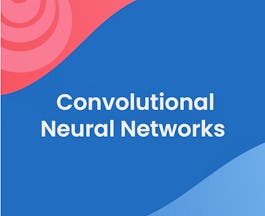
DeepLearning.AI
Skills you'll gain: Artificial Neural Networks, Computer Vision, Machine Learning, Applied Machine Learning, Deep Learning, Machine Learning Software, Machine Learning Algorithms, Network Model, Tensorflow, Algorithms, Human Learning
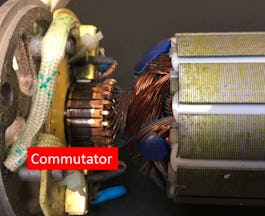
University of Colorado Boulder
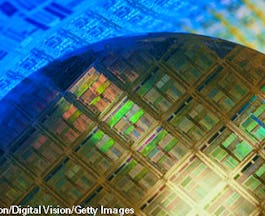
University of Illinois at Urbana-Champaign
Skills you'll gain: Algebra, Algorithms, Computational Logic, Mathematics
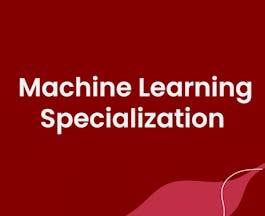
Multiple educators
Skills you'll gain: Machine Learning, Machine Learning Algorithms, Applied Machine Learning, Algorithms, Deep Learning, Machine Learning Software, Artificial Neural Networks, Human Learning, Statistical Machine Learning, Python Programming, Regression, Tensorflow, Mathematics, Critical Thinking, Network Model, Training, Reinforcement Learning

Johns Hopkins University
Skills you'll gain: Python Programming, Machine Learning, Computer Programming, Artificial Neural Networks, C Programming Language Family, C++ Programming, Algorithms, Data Science, Linear Algebra
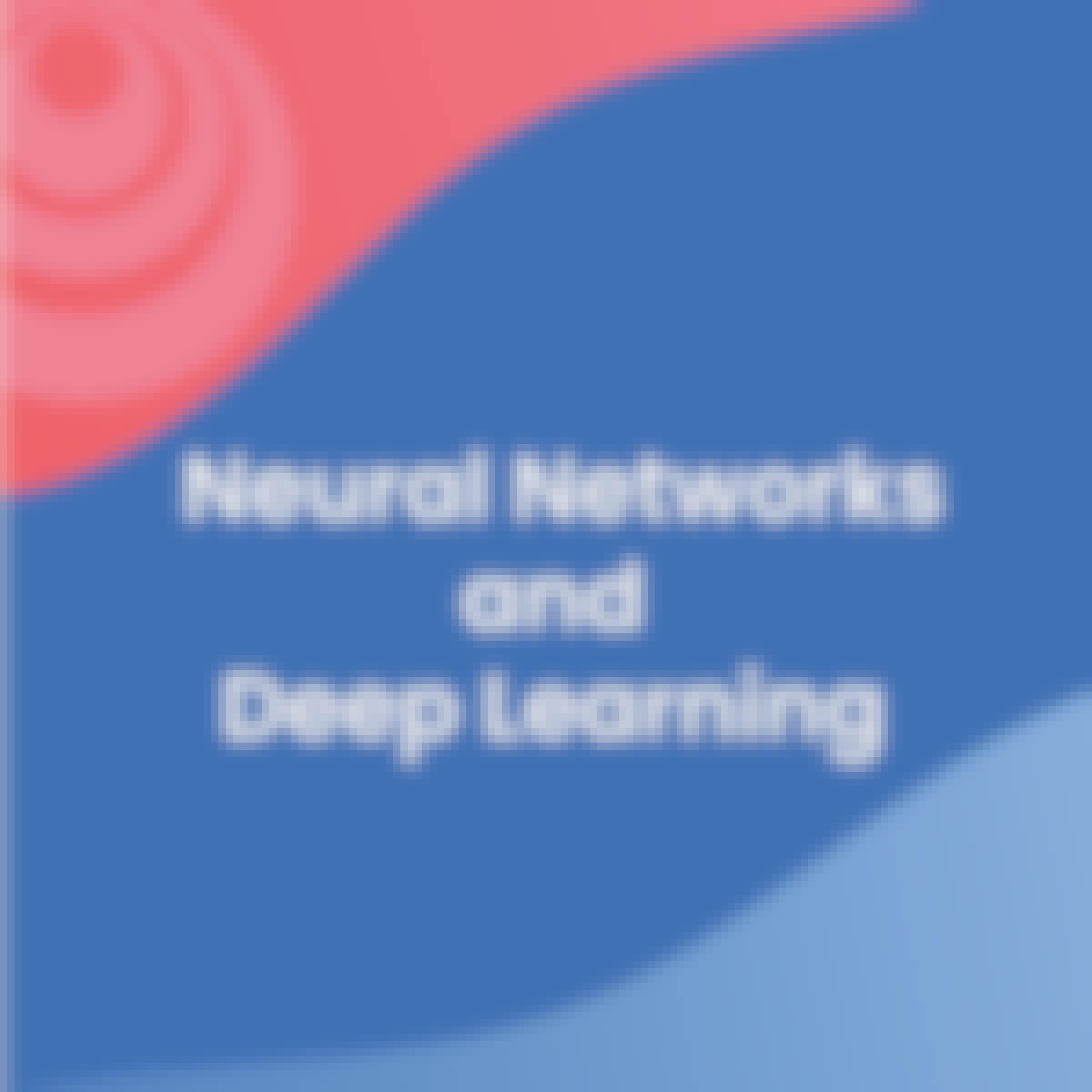
DeepLearning.AI
Skills you'll gain: Artificial Neural Networks, Deep Learning, Machine Learning, Machine Learning Algorithms, Python Programming, Computational Logic, Computer Programming, Calculus, Human Learning, Regression, Linear Algebra, Mathematics

University of Illinois at Urbana-Champaign
Skills you'll gain: Data Analysis
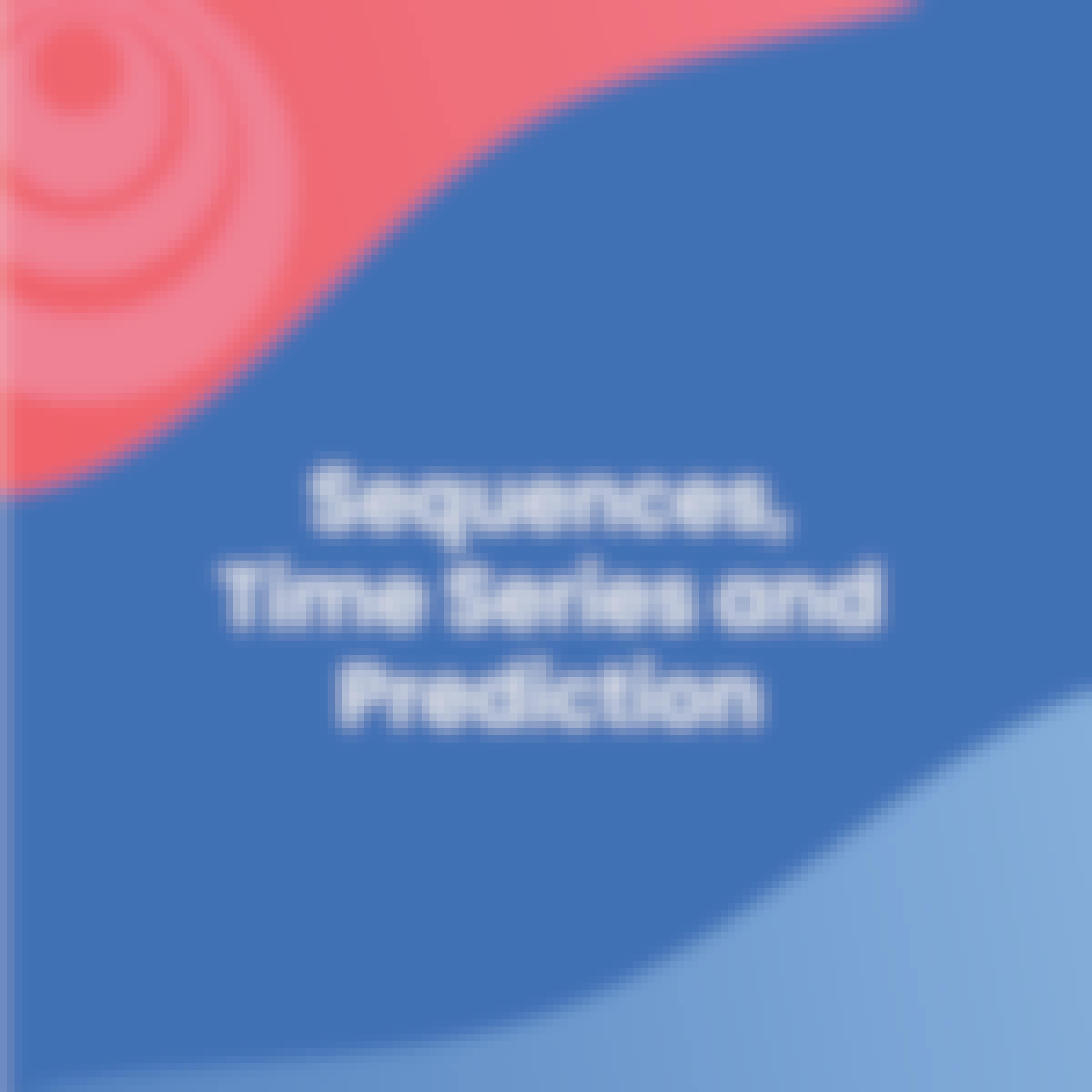
DeepLearning.AI
Skills you'll gain: Machine Learning, Forecasting, Tensorflow, Applied Machine Learning, Deep Learning, Artificial Neural Networks, Human Learning, Machine Learning Algorithms, Statistical Analysis, Statistical Machine Learning

Arizona State University

Rice University
Skills you'll gain: Problem Solving

University of Toronto
Skills you'll gain: Algorithms, Machine Learning, Python Programming, Computer Programming, Mathematics, Theoretical Computer Science, Estimation, Mathematical Theory & Analysis, Probability & Statistics, Applied Machine Learning, Computer Vision, Software Engineering, Computer Programming Tools, Critical Thinking, Problem Solving, Strategy and Operations, Systems Design, General Statistics, Linear Algebra, Probability Distribution, Regression, Artificial Neural Networks, Planning
Searches related to circuits
In summary, here are 10 of our most popular circuits courses
- Convolutional Neural Networks: DeepLearning.AI
- Motors and Motor Control Circuits: University of Colorado Boulder
- VLSI CAD Part I: Logic: University of Illinois at Urbana-Champaign
- Generative AI: Prompt Engineering Basics: IBM
- Machine Learning: DeepLearning.AI
- GPU Programming: Johns Hopkins University
- Neural Networks and Deep Learning: DeepLearning.AI
- VLSI CAD Part II: Layout: University of Illinois at Urbana-Champaign
- Sequences, Time Series and Prediction: DeepLearning.AI
- Semiconductor Packaging: Arizona State University











